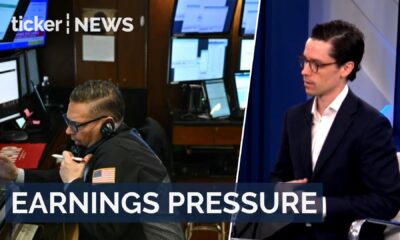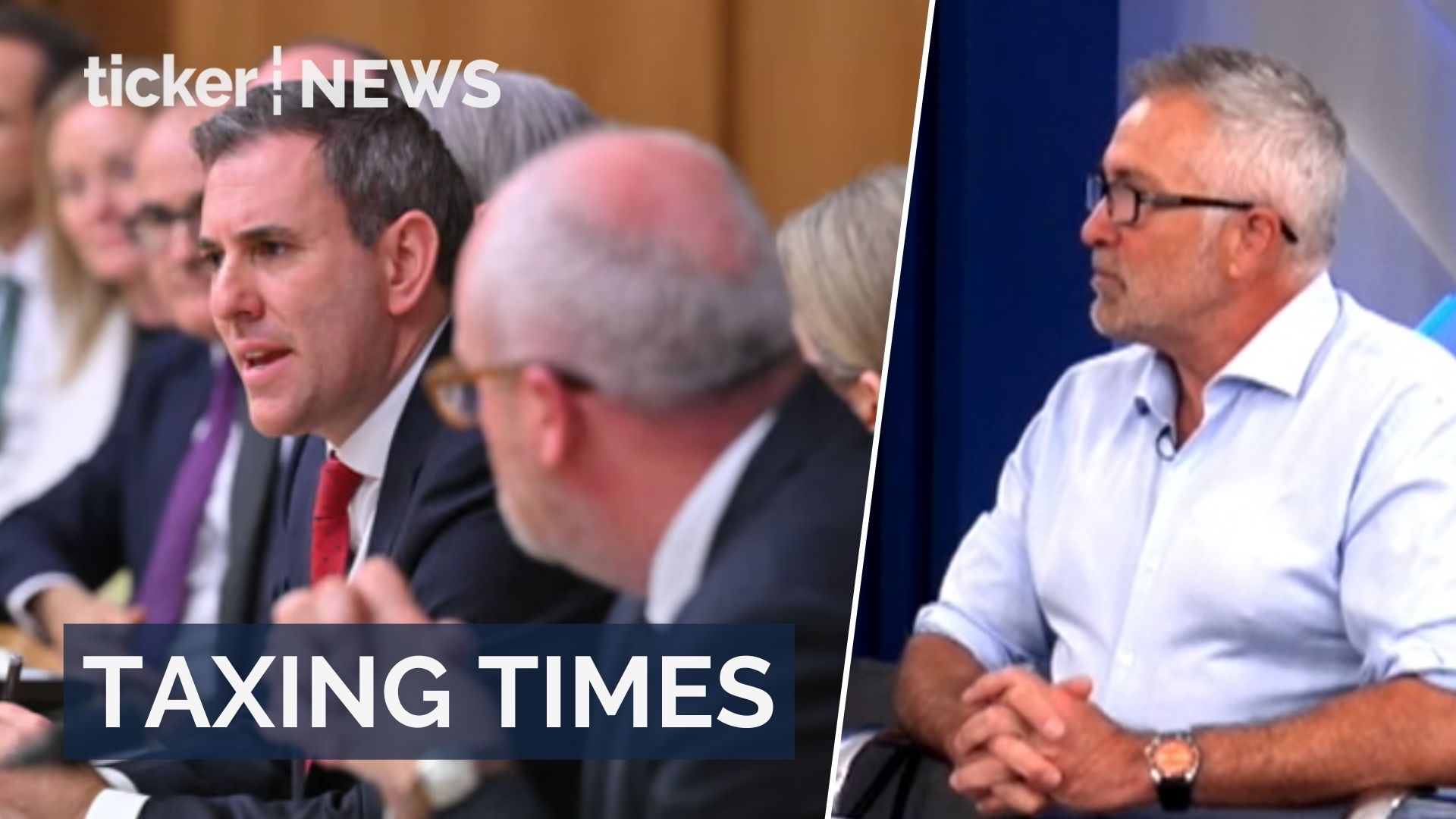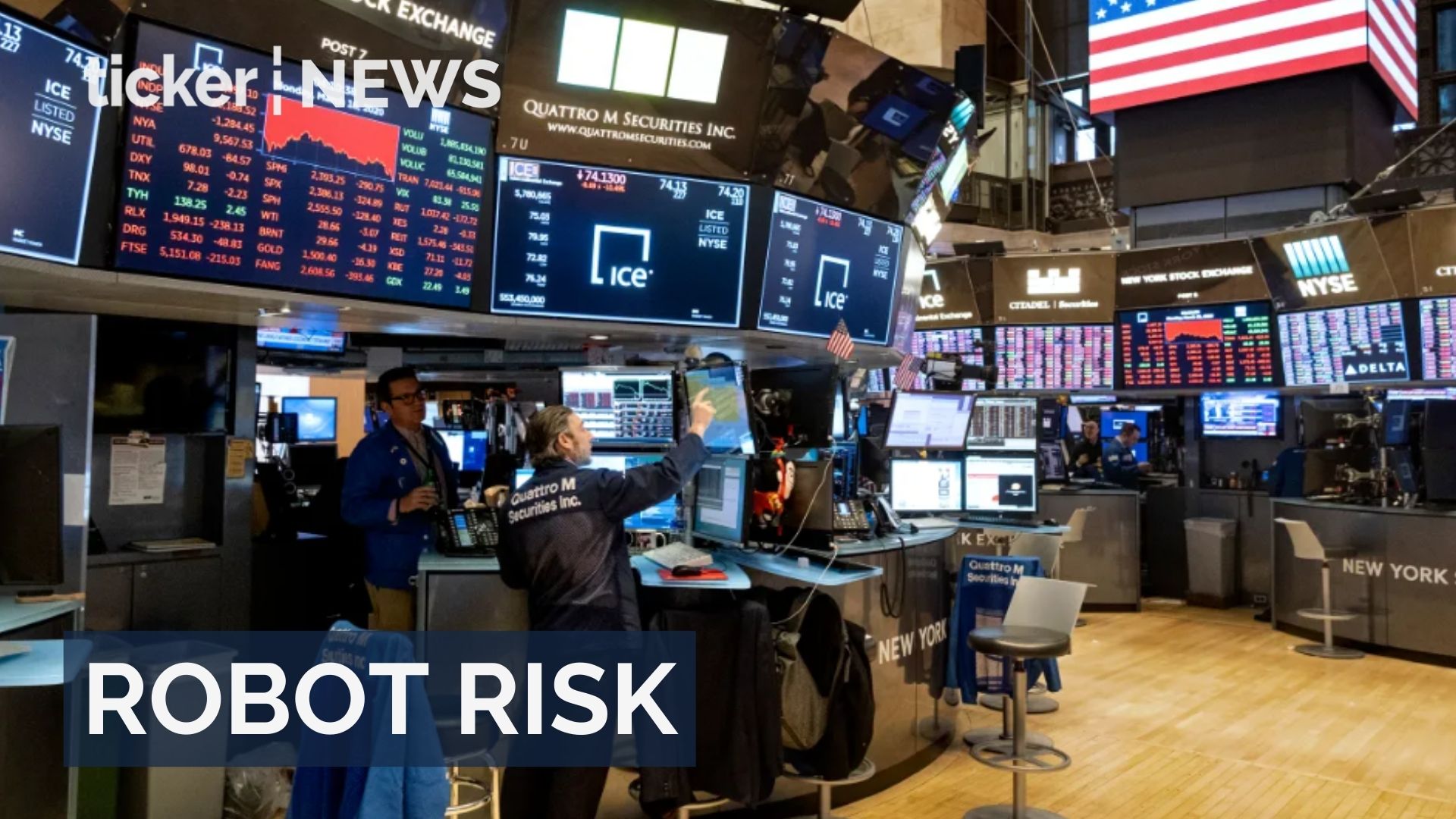Money
Millennials need $525K for happiness, boomers content at $124K

Money
Australia’s GST debate heats up amid tax reform push
Australia debates GST expansion amid aging population pressures and personal income tax concerns; expert insights from Dr. Steven Enticott.
Money
Big tech stocks slide amid AI spending concerns
Tech giants like Microsoft and Amazon lose billions as investors prioritize earnings over AI, while TSMC and Samsung thrive.
Money
AI fears rattle global markets and investors
AI developments cause market volatility, with European software and US tech firms facing significant declines amid rising uncertainty.
-



 Shows1 day ago
Shows1 day agoReal estate insights: Technology changes and trust remain
-



 News1 day ago
News1 day agoOne Nation matches coalition as Liberal backing slides
-



 Tech1 day ago
Tech1 day agoCrew-12 astronauts arrive at the International Space Station
-



 News4 days ago
News4 days agoRussia bans WhatsApp and promotes state-backed messaging app
-



 News4 days ago
News4 days agoAngus Taylor elected Liberal leader after decisive ballot victory
-



 Ticker Views4 days ago
Ticker Views4 days agoRight turn ahead. But where are the Liberals really going?
-



 Money4 days ago
Money4 days agoWall Street tumbles as tech stocks face AI disruption fears
-



 Money4 days ago
Money4 days agoU.S. stocks falling amid AI worries and weak earnings






